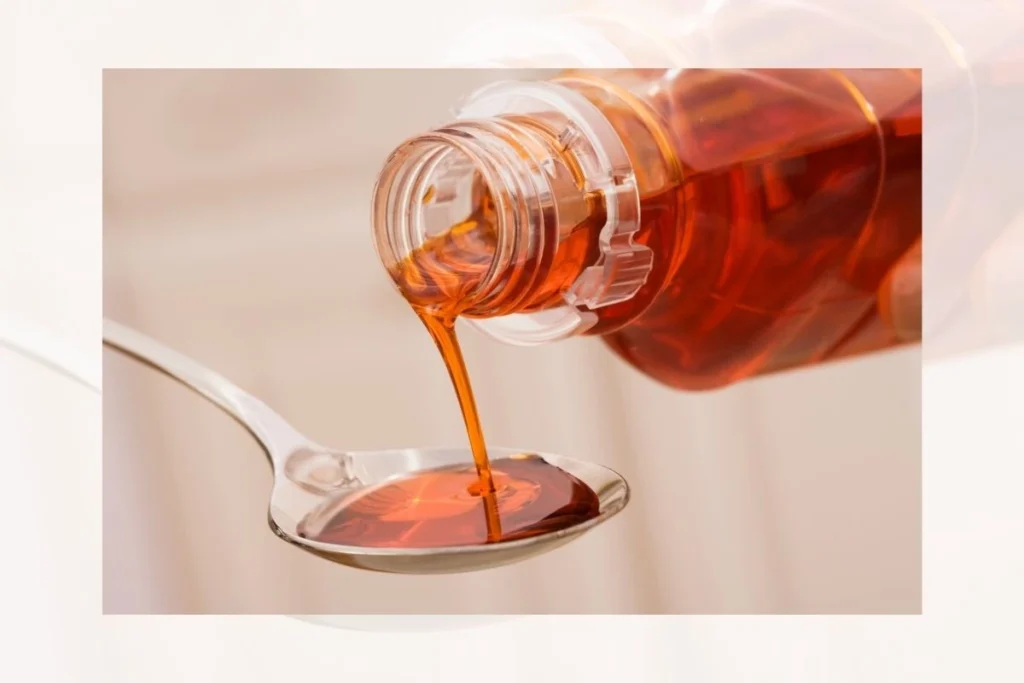In Madhya Pradesh, 16 children have lost their lives due to kidney failure after consuming Coldrif, a cough syrup that turned out to be contaminated with ethylene glycol. An FIR has been registered against the doctor who prescribed the syrup. Parents who thought they were giving a simple remedy for cough and cold instead faced an unimaginable loss. But who is truly responsible here; the doctor who prescribed the syrup, or the system that allowed a toxic medicine to reach patients in the first place?
What Happened in Madhya Pradesh?
The deaths occurred across Chhindwara district and nearby areas, with most victims under the age of six. Parents reported that soon after taking the syrup, their children developed vomiting, seizures, and difficulty passing urine, symptoms that later pointed to kidney damage. By the time they reached hospitals, it was too late for many.
Investigations suggest the syrup contained poisonous chemicals, likely diethylene glycol or ethylene glycol. These are industrial solvents that sometimes find their way into medicines due to poor manufacturing practices or lack of quality checks. Even tiny amounts can cause acute kidney failure in children. Similar tragedies have been reported in The Gambia and Uzbekistan in recent years, raising concerns about drug safety standards and regulatory oversight.
The Doctor’s Arrest: Fair or Unfair?
Dr. Praveen Soni, a pediatrician who prescribed Coldrif, was arrested and suspended from duty. Before his arrest, he defended himself, saying he had been prescribing the syrup for years without any problem and had no way of knowing it was unsafe. This brings up an important issue: doctors rely on the assumption that medicines available in pharmacies are tested, regulated, and safe. If a drug turns out to be contaminated, is it fair to hold the prescriber solely responsible?
Dr. Sivaranani Santosh, a senior pediatrician based in Hyderabad, strongly criticized the decision. She said in her instagram post “Why are you making doctors the scapegoats for this? You have to investigate the manufacturers, their R&D department, the regulatory bodies who have given license, the quality control officers, the drug inspectors. These are the people you have to investigate and if they are found to be the culprits, arrest them. This is so unfair”
Is This a Systemic Failure?
Experts caution against simplifying this as one doctor’s mistake. The larger failure lies in how contaminated medicines reach the market in the first place. India has long struggled with gaps in drug regulation, inadequate quality control, and weak enforcement. Unless these systemic issues are fixed, tragedies like this can happen again, regardless of who prescribes the medicine.
Why Are Cough Syrups Discouraged for Children Under 5?
There is another important angle to this story. Even when cough syrups are not contaminated, they are generally not recommended for young children. The World Health Organization and the Indian Academy of Pediatrics advise against the use of over-the-counter cough and cold syrups for children under 5 years of age.
The reasons for this are:
● Most cough and cold symptoms in children improve on their own within a few days. Syrups rarely make a meaningful difference.
● Ingredients such as antihistamines, decongestants, and codeine can cause serious side effects in young children, including drowsiness, rapid heartbeat, and in rare cases, breathing problems.
● Simple remedies such as saline nasal drops, steam inhalation, warm fluids, and adequate rest are often more effective and far safer.
What Can Parents Do?
● Avoid giving over-the-counter syrups to children, especially under the age of 5.
● Always check the expiry date and batch number of medicines.
● If a child’s condition worsens after starting a medicine, stop it and seek medical help immediately.
● Keep a record of what medicines were given and when, so doctors can respond faster in emergencies.
HealthPil’s Advice for Families
It is advisable to not take cough syrups over the counter. If your child is unwell, always consult a qualified pediatrician before giving any medication. At HealthPil, we understand the fear such incidents create. That’s why we connect families with trusted pediatricians and specialists for evidence-based advice. If you are unsure about a medicine, want a second opinion, or need guidance on safe alternatives, our platform makes expert support accessible from home.
FAQs
Should I stop giving cough syrups to my child altogether?
Yes, if your child is under 5. Even for older children, cough syrups should only be given if prescribed by a doctor.
Why are cough syrups unsafe for young children?
They often contain ingredients like antihistamines, decongestants, or codeine that can cause drowsiness, rapid heartbeat, or breathing problems in young kids.
What are safer alternatives to syrups for cough and cold?
Warm fluids, saline drops, steam inhalation, and plenty of rest are safe and effective.
What should I do if my child shows unusual symptoms after taking medicine?
Stop the medicine immediately and seek emergency medical care. Carry the syrup bottle and prescription with you to help doctors understand the history.
Disclaimer
This article is for informational purposes only and does not replace professional medical advice. Cough and cold syrups are generally not recommended for children under 5 years of age due to limited benefit and potential risks. If your child is unwell, always consult a qualified pediatrician before giving any medication. In case of an adverse reaction, seek immediate medical care.

